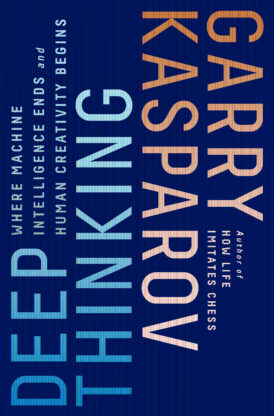https://www.youtube.com/watch?v=9KMBHINS5Ls
ZAKARIA: If you listen to the version of history that Vladimir Putin believes — and there are many Russians who believe this — the problem is that the West was always trying to keep Russia down, that the West attacked Serbia, Russia’s ally, that the West criticized Russia about Chechnya, that the — that the West has expanded NATO to Russia’s borders.
In other words, that there was an attempt at — you know, there was a — there was a hostility that the West showed to Russia, triumphalism, and that that’s why Russia has had to react in this way that it has.
KASPAROV: Yes, well unfortunately, all these arguments we heard from Adolf Hitler when he just — he was trying to explain, you know, why Germany behaved as it — as it did. I’m not talking about 1939, 1930 — 1940, but about ’33, ’34, ’35.
And by the way, the harsh conditions imposed on post-World War in Germany by the Versailles Treaty are nothing could be compared with very preferential treatment offered to Russia under Boris Yeltsin by the United States and Europe. There were credits, there were — they were — the doors were opened. Russia was accepted in G-7, turned to be G-8, not being, you know, a normal democracy and not the greatest industrial power.
So the — there was a good credit line, both financial and political. And as for the expansion of NATO, look, eastern European neighbors of Russia had some bad memories. And nobody doubts now in Estonia or Latvia that if not for NATO membership, Putin’s tanks could be in Tallinn and Riga today.
ZAKARIA: Really? You believe that?
KASPAROV: Look, I think that NATO is the only — the only thing that protects them, because Putin definitely looks for the weak spots on the map and he believes that, you know, if it’s — if he can grab it, he does it.


